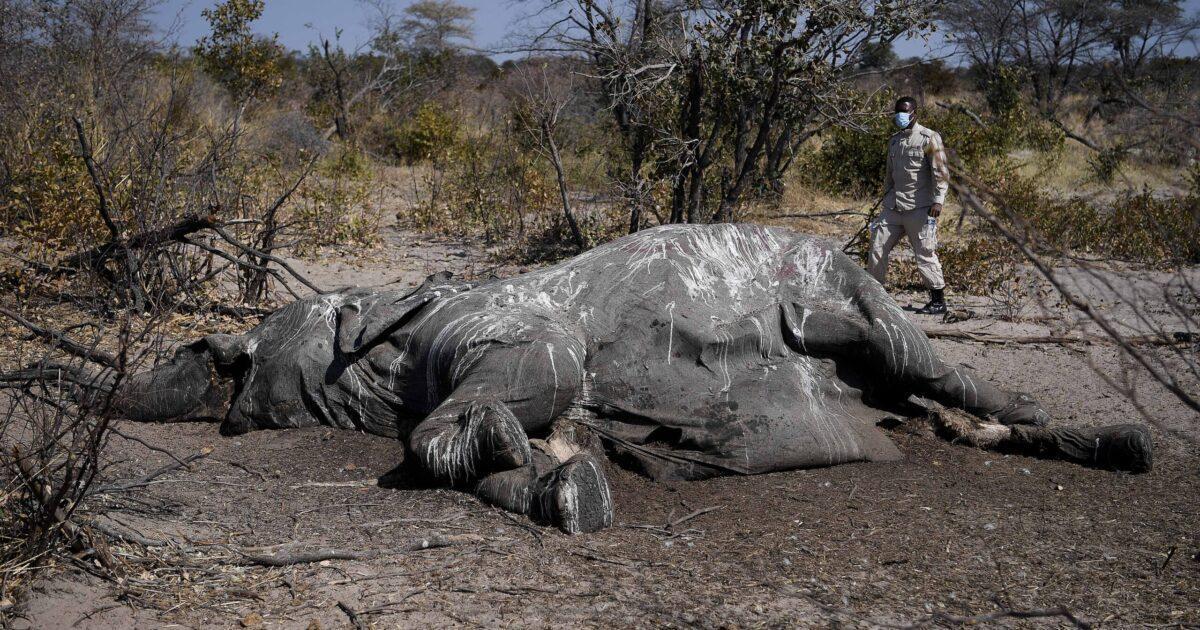Africa-Press – Botswana. A 16% increase in poaching incidents has prompted the government to amend the Wildlife Conservation and National Parks Act (2023) to allow wildlife rangers to use firearms in anti-poaching operations.
Wildlife rangers will be permitted to use firearms to combat poaching and illegal wildlife trafficking in Botswana, the Minister of the Environment and Tourism, Wynter Mmolotsi, has said.
To that end, the Wildlife Conservation and National Parks Act (2023) has been amended to ensure that wildlife rangers respond swiftly to poaching incidents that have increased by 16 percent since last year.
The most appealing
Speaking at the recent Hospitality and Tourism Association of Botswana (HATAB) Annual Conference in Maun, Mmolotsi stated that the decision to amend the Act was compelled by the need to protect the biodiversity of the country, given that wildlife is the most appealing offering in Botswana’s tourism landscape.
“We recently amended the Wildlife Conservation and National Parks Act 2023, which will empower anti-poaching personnel to carry appropriate firearms to combat poaching activities in the country,” he said.
“Botswana tourism is predominantly wildlife-based, and naturally this calls for concerted efforts to ensure protection of the biodiversity.
Emerging challenges
“Such efforts include transforming and strengthening the Department of Wildlife and National Parks to enable them to better respond to emerging challenges.”
In addition to arming wildlife rangers, the government recently revised and renewed the National Anti-Poaching Strategy (NAPS) to beef up its efforts to combat poaching.
Launched by the Ministry of the Environment and Tourism, the new five-year NAPS has been reimagined to align with the complexity of wildlife crime in modern times.
Community participation
While the initial strategy (2014 to 2019) was formed to foster collaboration between the government and security agencies, the new strategy has adopted a multiple sector cooperation that also includes community participation.
The new NAPS will bring together government agencies, security agencies, civil society organisations and local communities in and around the affected areas.
For More News And Analysis About Botswana Follow Africa-Press






